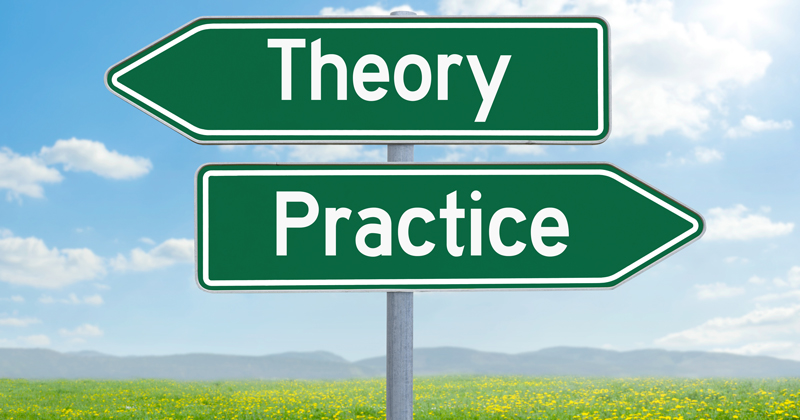“Have we had the suicide talk?”
I was 16 or 17, seeing practice at my local vets’, as I did every Thursday evening. One of the vets would often fill gaps in consults by grilling me on the ins and outs of the profession, but this topic had not been covered before.
When I blinked and answered “no”, he continued: “The suicide rate of vets is four times the national average. Every vet knows someone who’s killed themselves.”
I can’t really remember the rest of the conversation, but I’ll never forget those particular words:
Everyone. Knows. Someone.
This must stop
I thought he meant that, throughout your entire career, you would know someone – and yet, at only two years graduated, I already know two. Even I didn‘t think the odds were that high; and the public certainly doesn’t know they are. This has to stop.
That vet would often have very direct chats with me about the pressures of veterinary life, even bluntly saying once that he “would never encourage [his] own daughters to do veterinary”. He wasn’t trying to put me off – he was just trying to make sure I knew what I was signing up for.
And I thought I did… but there’s a big difference in knowing you will one day have to make life-dependent decisions and actually having to make them. There’s a huge difference between thinking you had made clinical decisions (antibiotic choice, for example) as a final-year student on rotation and actually making the decision yourself in the middle of the night with a disgruntled farmer breathing down your neck.
There’s a massive difference between knowing what your expected salary will be at 16 years old, and then actually understanding the real world value of that after tax, national insurance, student loan repayments, pension, MRCVS fees and so on.

Limited responsibility
A lot of vets will bang on about disillusionment in young vets being caused either by the kids themselves not knowing what they’re signing up for or the vet schools picking the wrong candidates who won’t be able to cope. But I think it’s absolutely impossible for any 16, 17 or 18-year-old to truly comprehend what the pressure and responsibility of being a vet feels like.
What are you responsible for at that age? Your school work? Learning to drive and paying to run a car? A part-time waitressing job that you don’t care about anyway because it’s just a means to an end – you’re going to be a vet!
At that age, you won’t have had owners directly emotionally blackmail you or an animal that’s going to die because of a mistake you made. You also aren’t going to get a sinister letter from the RCVS and spend months agonising over it. In fact, even if you witness these things when doing work experience or seeing practice, you are never going to directly feel the impact yourself until it’s you who is responsible.
Changing focus
And your priorities change with time. At 18, you may well have career blinkers on, not phased by the idea of 12-hour days to better your capabilities. A few years down the line, a job is just a job and you have other things to think about. It was never about the money, until you’re a few years in and you still can’t afford the lifestyle your non-professional friends have.
Everyone does different things at different stages of their lives – and you shouldn’t compare yourself to your peers. But how can you not?
And it’s this archaic perception that vets are rich that touches a nerve. Nobody has any perception of what a flood risk officer or manager earns (unless they are one), but everyone feels they have a God-given right to assume we’re rich and take great offence to it because we dare ask money for our services. How damaging is that to our mental health?
Chipping away
On top of euthanasia, heart wrenching cases, long hours, exhaustion and client complaints… every little thing chips away, not to mention other life factors such as families, relationships and friends. It’s a miracle any of us are still standing.

The attitude does seem to be shifting; mental health is more widely discussed and considered within the profession. Maybe it’s because we are talking more about it that we hear about the heartbreaking consequences more often. But the problem is still there. We are a unique species, and we must preserve ourselves.
Look out for each other. Make sure nobody ever feels alone. Ask if people are okay, and keep asking…
Unfortunately, I don’t think our profession will ever stop being a statistic, but that doesn’t mean we should stop trying to even out the odds a little.

Leave a Reply